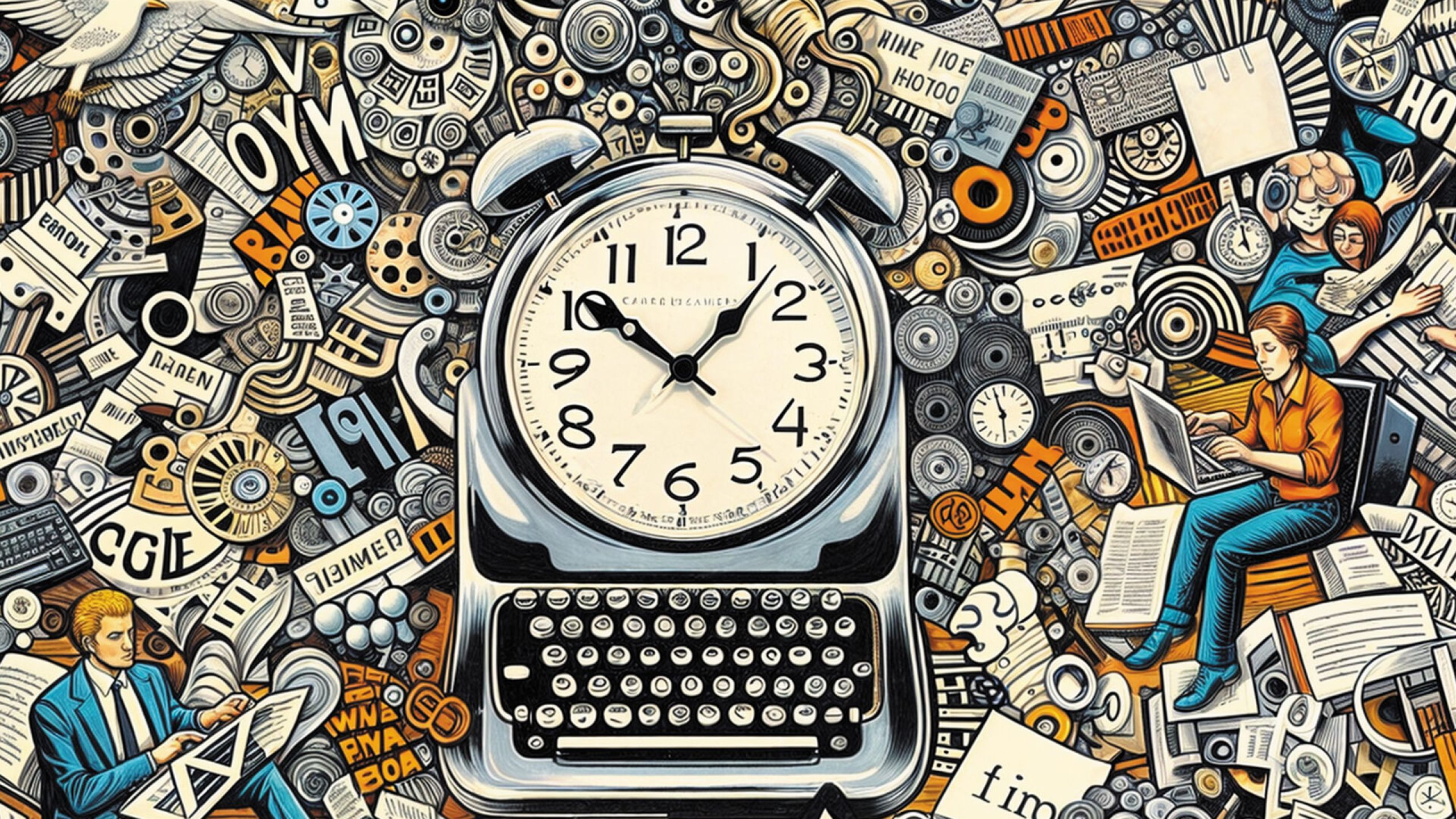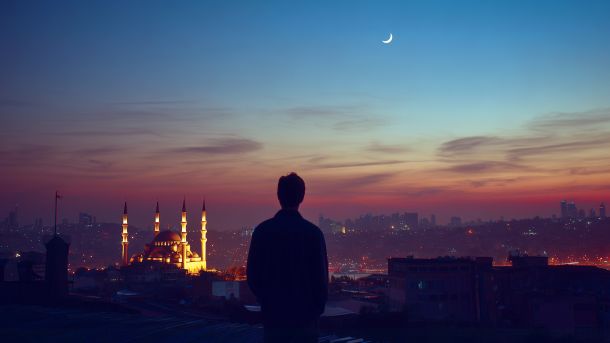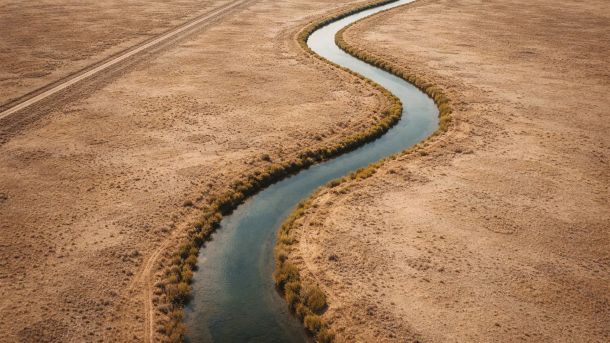Distraction Timed

In This Article
-
I wonder how much time I waste per day on mistakes, distractions, mis-turns. Are there people who don’t get distracted or make mistakes?
-
What is life if not the amalgamation of a million little observations? A hundred thousand fleeting moments of beauty and terror that were captured when we weren’t on deadline, head-down, trying to focus and be productive and get the thing done. Life happens when we are distracted.
-
Can you go to the edge of Earth, of life if you’re worried about the end goal? Can you truly explore the depths of human emotion and experience if you are trying to drive efficiencies in your workflow or manage through protocols?
I have given myself approximately two hours, 12 minutes, and 14 seconds to write this essay. The amount of time it takes me to get to work and back on the train.
Now, I have eight seconds less.
I never timed how long it took to write a sentence. I am a slightly above average typist, but the speed of writing a sentence depends nearly entirely on whether the order of strung words is already sitting in my head in queue. When I have to think about the right way to say something, or what I am going to say, it inevitably takes longer for it to travel from my globular cerebrum to the page. Also, words like “inevitably” cause me to pause for a half a second to remember how to spell it. It doesn’t fly off the keyboard like the words, “fly” or “keyboard.”
I just wasted an extra second-and-a-half misspelling “keyboard” and having to move the cursor back to correct it. Then my brain focused on the misspelled word rather than what my next cogent thought might be. A mistake compounded. 186 words down and seven minutes and 32 seconds in.
I wonder how much time I waste per day on mistakes, distractions, mis-turns. Are there people who don’t get distracted or make mistakes? People who can stay on task with superhero laser focus? Who doesn’t spend time pontificating about how long it takes to write a single sentence or the derailment of a thesis when a writer trips over her words and spends more time questioning whether the word “keyboard” would carry the same brevity if it didn’t have the “y”?
I imagine there are people like that. The people whose bios read like five peoples’ lives smashed together. People who manage to earn multiple advanced degrees, and who hold high positions in multiple industries. People who publish dozens of books. Who achieve some incredible feat that requires intense focus and training, and who somehow still manage to maintain a marriage and family. People who do not get distracted by social media dings and a dragonfly catching some pollen on a nearby blooming tomato plant. Those people have always fascinated me. Although, behind every successful family person (so often, a man) is most certainly an unsung hero (so often, a woman) who enables their craft by taking care of absolutely everything else for them. Distraction avoidance by proximity.
Then there are the incredibly lucky distractors. The guy who first stuck his mouth under a cow’s udder and was able to convince others to do the same. I’m sure it wasn’t ingenuity or intention that led to that act. It was probably misguided curiosity, or procrastination, getting distracted from what he was supposed to be doing. I have done weird things when I’m on a deadline and don’t feel like completing the task at hand. Like clean the bathroom. Of course, when I have to clean the bathroom, I do something else, like write an essay about distraction.
What does it mean to commit an act that is the opposite of distraction? To focus and complete a task? To slap procrastination squarely in its ugly face and keep at the task at hand until it is baked and ready? It is so easy to wish for things. To create a wish list, even, of all the things you want to complete. Do the laundry. Meal prep for the week. Outline that article. Finish that strategy deck. Complete the degree. Advance to the next level at work. Write the next Great American Novel.
It is even easy to start things. It is much easier to hit the start button on the dish washer than it is to wash by hand, dry and put everything away. I have so many first sentences. Though, to be fair, it’s easier to write one stellar sentence than 300 pages of them.
The man stared down at the crimson blood dripping from his fingertips.
The fuchsia dress glimmered in the sunlit porch where she was about to create the best memory of her life.
Angled just right, he wouldn’t have to face the hunger that snarled his stomach all winter.
Those are decent sentences. It’s a lot easier to hold your attention on (and my own for long enough to write) these singular, standalone sentences than it might be to expand each into full length novels. The pressure to create identifiable yet compelling characters, to embed enough plot twists to maintain the attention span of a culture that officially loses focus in less time than a goldfish. It’s a lot of pressure. It’s much easier to write first sentences on word documents that I then file into a “works in progress” folder on my desktop and rarely look at again. There is satisfaction in filing things.
More than 21 minutes have ticked away in my toiling. 778 words down. I now have one hour, 51 minutes and 26 seconds until I reach my self-imposed deadline. About halfway to the low end of the word count.
I paused to sneeze and my eyes caught the morning sun reflecting off the buildings out of my periphery as my train whizzed by on its way from suspiciously sleepy suburbs to the frenetic city. I spent (wasted?) at least two distracted minutes staring out the window, my thoughts wandering beautifully but even less disciplined than this rambling piece. Now I feel like a naughty school girl who daydreamed rather than listen to her history teacher babbling about some Civil War battle that was probably rife with inaccuracies. History is written by the victors, after all.
But also, aren’t the day dreamers the ones who create greatness? The one who didn’t follow the path they were supposed to and discovered new land. The CEO who leaves at least two hours each morning to just think so she can make sound decisions and innovate. The kid who was allowed to play make believe rather than complete eight pages of worksheets each night and grew up to invent a mega power brand like a Lego or the immutable Muppets.
Shouldn’t we all be encouraged to focus less and get distracted more? Tune out of the status quo, blow the arbitrary deadlines and protocols, and spend more time staring at the ingenuity of light refracting on the side of a grey, cement building or the gradation of cloud layers. The way a lone sparrow hops on the front of its feet, pecking at paper scraps on the ground in search of its next sustenance. The sharp whinny of the neighbor’s dog straining to smell a distant fox it cannot see but knows is there.
What is life if not the amalgamation of a million little observations? A hundred thousand fleeting moments of beauty and terror that were captured when we weren’t on deadline, head-down, trying to focus and be productive and get the thing done. Life happens when we are distracted. A thousand sweet kisses. A few hundred bear hugs. A dozen moments of sheer exhilaration. Hopefully not more than a couple of moments of total devastation.
Can you go to the edge of Earth, of life if you’re worried about the end goal? Can you truly explore the depths of human emotion and experience if you are trying to drive efficiencies in your workflow or manage through protocols? Doesn’t full attention at all times drain our souls?
Perhaps we should instead launch an anti-focus movement. We can celebrate the people who land on an epiphany while procrastinating. The wanderers who stumble upon something wonderful and surprising when they should have been somewhere else. We can honor the exceptions to the rule rather than the rule. The stream of consciousness wisdom not unlike this essay, rather than the impeccably formed narrative arc.
Despite the misgivings coming through the pores of this pixelated page, I consider myself a very focused and productive person; in other words, largely non-distractable. I have always outputted, on average, slightly more than my peers. I was often the first to finish tests in school. I complete more work in my hamster-in-a-wheel office life than colleagues. I have side hustles that leave people asking me regularly, “how do you find the time?”
This is the moment where I might provide a much-anticipated update on word count and time invested, but sadly I cannot because my morning train ride ended, and I spent eight hours toiling away. I had a surprising burst of new energy to keep writing upon my return train trip, but I went back and added some words above that weren’t there this morning, so it’s a bit of a tossup now in terms of time spent. I am 1468 words in and have spent about one hour and 50 minutes on this potentially inane essay.
But also, that’s a potentially impressive rate of more than 700 words an hour. Not my best. But also, not someone’s worst by any measure.
How do I get what I get done when I do focus?
The answer is, I move quickly.
I don’t always get everything right, but I don’t necessarily make more mistakes than the average Joe, either. I’m sure if I slowed down, I wouldn’t make hardly any mistakes. I wouldn’t spell “keyboard” wrong at the very least. But what’s the fun on taking it so slow that you pay close attention to everything? That feels like driving the golf cart over the Ferrari, choosing the steamed vegetables over the creamy, potato gratin. Sure, there are consequences to moving quickly. But also, isn’t life more fun that way? And if life is short, shouldn’t it be fun? Should we all choose the potato gratin?
I recognize I have devolved into talking about the selling points of potato gratin rather than on how one can focus to complete a task.
Before I concur with my own purported point, I will state for the record that potato gratin deserves its own, dedicated essay.
My train is pulling into the station momentarily and I am rounding the corner on nearly 1700 words, which means that I have nearly accomplished my mission. That is, of course, assuming any of this makes any sense. If not, I just gave you a good, ten-minute distraction. You’re welcome.









